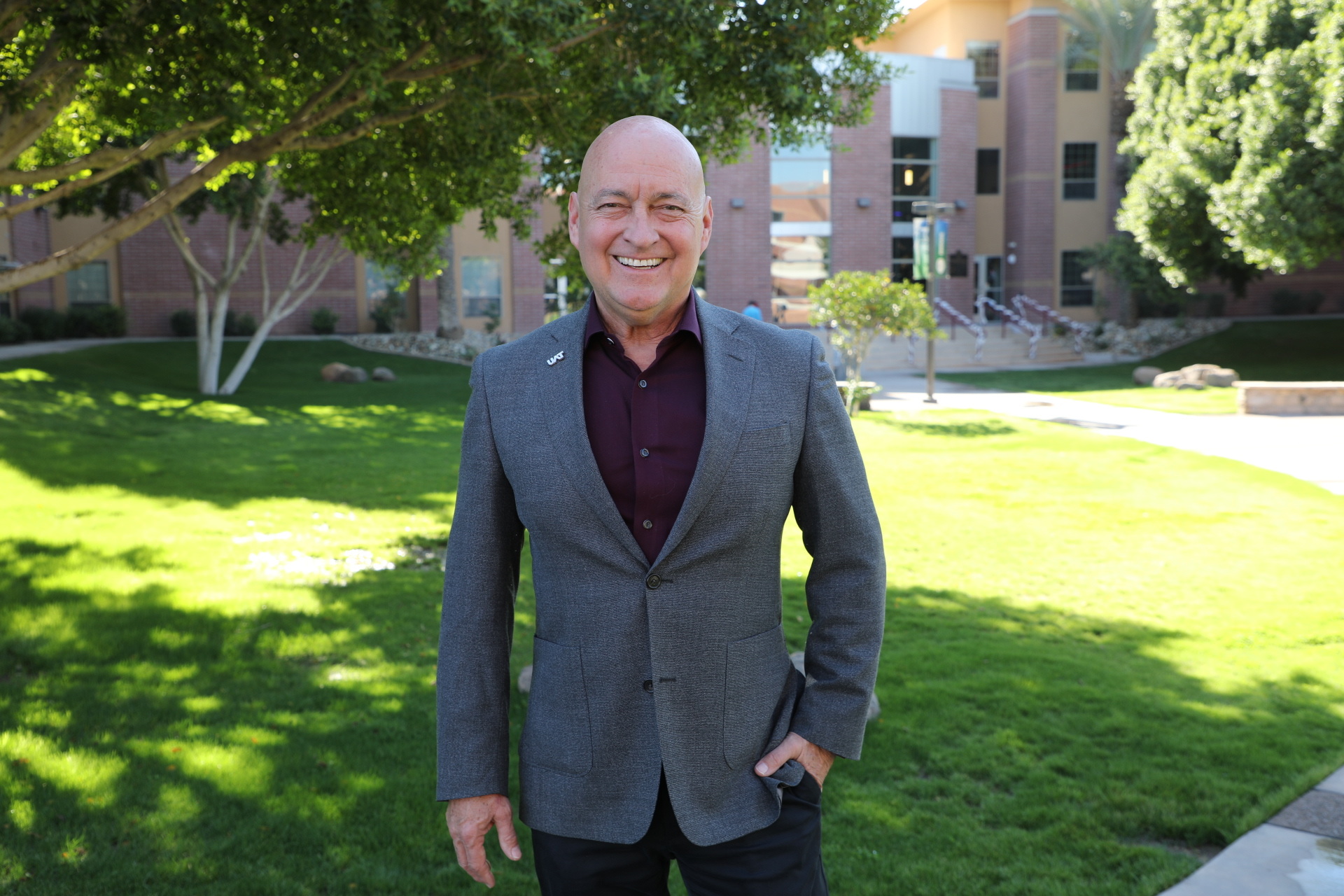Environmental Science at UAT: Shaping a Greener Future
The means for cleaner energy is a prominent driver in environmental technologies. The University of Advancing Technology (UAT) is a leader in a variety of technological fields and the movement towards understanding cleaner energy is a key focus of its Environmental Science courses. UAT offers a series of three Environmental Science courses to help students better understand the current paradigm shift towards a more sustainable, environmentally friendly, and technological world.
The first environmental course UAT offers—SCI-350 Environmental Perspectives—is a holistic study of the science behind sustainability challenges and how new technologies are being - and will continue to be—adapted to changing our way of life. The course focuses on evaluating the history of environmentalism in our modern culture, understanding the key components between economics and the environment, introducing students to climate change and global warming, and evaluating the importance of environmental policy, specifically as it relates to technologies changing our energy sectors, as we attempt to move away from fossil fuels to more clean, renewable energy resources.
The second environmental course UAT offers is a course focused specifically on past energy generation techniques and the future technologies of a clean energy grid. The course is rightfully named SCI-330 Green Technologies. The course reviews the history of fossil fuels and their impact on the North American electric grid system. The course then takes an in-depth look at the development and uses of solar, wind, hydro, and other emerging clean energy technologies. The course finishes evaluating possible future clean and green technological solutions to our ever-modernized world.
The final environmental science course UAT offers provides students with a hands-on study of the practical applications of sustainability science. SCI-345 Sustainability in Practice is a course split into multiple sections, with topics ranging from sustainable food production, to limiting trash waste, to understanding water depletion and pollution, to evaluating the use of plastics within our society. However, one of the more popular topics within the course is its focus on clean energy technologies that can be put to use globally. Understanding the need for energy beyond the traditional electrical grid systems, students engage in an engineering design process to build a simple solar-powered oven that could be developed and put to use anywhere around the world. They then analyze their data and determine the best means to develop better designs for future models so as to support those most in need of simple, clean, renewable energy generation systems.
Newer clean energy systems will continue to advance and look to dominate the future of a more sustainable society. As the U.S. and the world look to move towards this goal of a more sustainable future, UAT will continue to play its part in helping students recognize past energy-generating systems and support students in seeking to develop the technologies that will continue to drive mankind towards cleaner energy-generating systems.





Comment